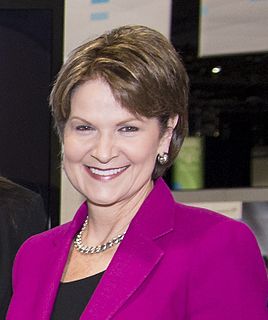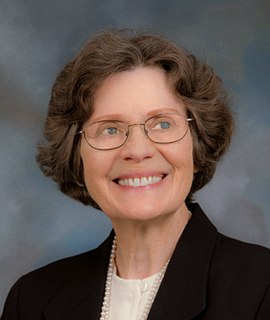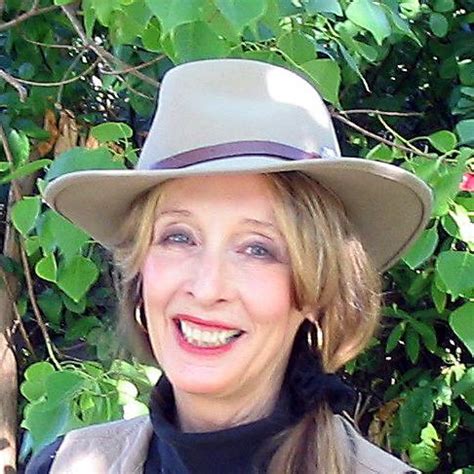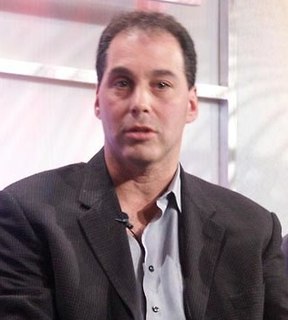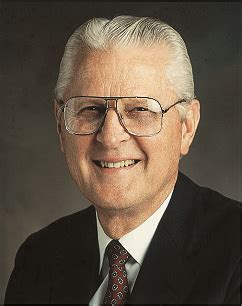A Quote by Marillyn Hewson
In times of uncertainty, employees crave clarity. As a leader, you won't always have all of the answers - no one expects you to - so you must be open to listening and learning from others. Once you understand a particular challenge and outline the options, you have to be confident in making bold and optimistic decisions.
Related Quotes
An American leader would be derelict of duty if he did not seek to understand all his options in such unprecedented circumstances. Presidents Lincoln during the Civil War and Roosevelt in the lead-up to World War II sought legal advice about the outer bounds of their power - even if they did not always use it. Our leaders should ask legal questions first, before setting policy or making decisions in a fog of uncertainty.
An effective leader is willing to think about what's happening and how to understand what's going on. Facilitating flow and making others more conscious of it, the leader communicates an awareness of process to the group, making them more aware of their energies and options. One important principle is to keep track of who has not spoken. ... It's also important to notice when people do speak out but are not heard. Effective leaders practice patience, reminding themselves to wait and observe, remembering that there's always more going on in a group than we're consciously aware of.
In the face of uncertainty, many companies will default to asking their innovators to study and analyze, which can't actually ever provide a definitive answer. The decision-making systems here are meant to deal with the reality that decisions about innovative ideas will rely on patterns and intuitions. The best venture capital organizations deal with this challenge by staging investment, actively participating in startups they fund, tying decisions to learning as opposed to artificial dates on the calendar, and assembling a diverse team of decision-makers.
If we decide rightly what to do, or use a correct procedure for making such decisions, that has to be because the decisions or the procedure rest on good reasons, and these reasons consist in the apprehension of truths about what we ought to do. Because these truths must constitute reasons for our decisions, and because in the rational order, reasons must always precede the decisions based on them, the truth conditions of claims about what we ought to cannot be reduced to, or constructed out of, decisions about what to do, or procedures for making such decisions.
Decision-making is difficult because, by its nature, it involves uncertainty. If there was no uncertainty, decisions would be easy! The uncertainty exists because we don't know the future, we don't know if the decision we make will lead to the best possible outcome. Cognitive science has taught us that relying on our gut or intuition often leads to bad decisions, particularly in cases where statistical information is available. Our guts and our brains didn't evolve to deal with probabilistic thinking.
